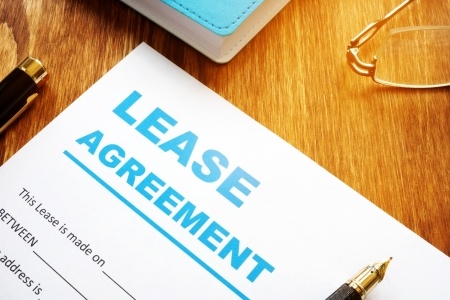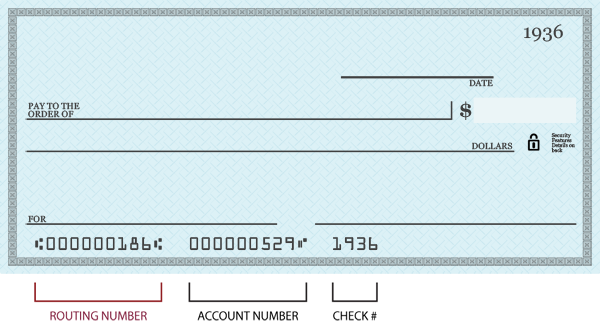Your customers depend on you, and you depend on your equipment to keep operations on track. As your business navigates growth, technological advancements, and customer demand, acquiring new equipment is essential. When you can’t purchase the equipment outright with your own capital, leasing and financing are viable options. Here are some questions to ask and factors to consider as you decide whether leasing or financing is right for your business.
How healthy are your cash reserves? Is cash primarily tied up in overhead operating expenses?
Whether you end up financing or leasing, each offers the advantage of not having to come up with a sizable amount of money to purchase equipment outright. Keep in mind, a down payment is typically not required at the start of an equipment lease, but may be required when you go the route of financing with a business loan. In the short-term, a lease may be more suitable for your budget if cash is already tight. However, you might end up paying significantly more over the course of your equipment lease than you would if you had taken out an equipment loan.
Do you anticipate that the equipment will become outdated or obsolete quickly? Is it essential to your success to always have the most up-to-date technology?
Deciding between a lease or a loan requires evaluation of your equipment needs. Leasing may be your best bet if the equipment you need has a limited lifespan. When your business is expanding quickly or depends on technology that is rapidly changing, you may need to upgrade your equipment more often and a lease can make it easier to do so. On the other hand, equipment financing will likely be most cost-effective if you need a piece of equipment that you plan to keep for a long time since the long-term cost of an equipment loan is usually lower than a lease. The risk you run when buying equipment is that if it becomes outdated or obsolete, could mean that you are paying for equipment that no longer benefits your business at the end of your loan’s term.
Would you prefer to be the sole owner of the equipment? Are you comfortable abiding by lessor’s rules while renting equipment?
Leasing is like renting a property, and financing is like being a homeowner. As a lessor, you are responsible for holding up your end of the agreement by making payments on time and following the terms. However, as a lessor you will be responsible for repairing the equipment if it breaks down. At the end of the initial agreement, you'll have the option to renew the lease, terminate the lease, or purchase the equipment for its fair market value. This gives you a great deal of flexibility when the lease ends.
While you do have a level of flexibility with a business loan, it looks different. Since you make payments toward being the owner of the equipment, it is yours to make updates to and repair as necessary. You are responsible for making your agreed upon payments on time, and if your loan is collateralized, you run the risk of having the collateral seized if you default on payments. However, once you are the equipment’s owner, your business has another asset to its name if you need to secure another financing option in the future. Furthermore, once the loan is paid, you could sell the equipment and roll its value into something new.
As you plan for what’s next for your business, you know one thing is for sure: you want to jump at opportunities that benefit your business quickly and precisely. We offer a variety of business loans that can accommodate needs of all sizes. Whether you need a new pizza oven or high-tech computer system, we can help you explore your financing options and choose the best course of action. Find a loan office near you or contact an expert.


